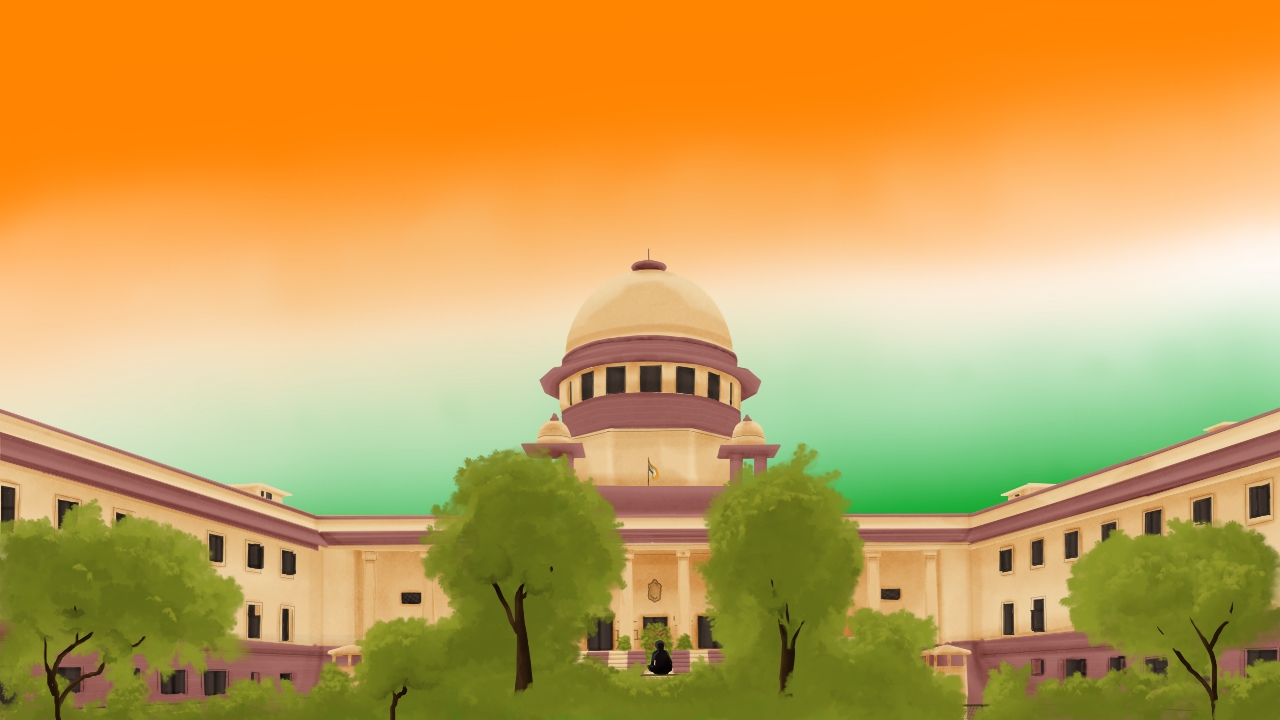"Let religious people handle temple": SC while dismissing Andhra Pradesh govt's plea against HC order on Ahobilam Mutt

In the impugned judgment, the High Court had held that the State's decision to appoint an Executive Officer was violative of Article 26(d) of the Constitution and affected the Mathadipathi’s right of administration.
The Supreme Court on Friday declined to entertain a plea filed by the Andhra Pradesh government challenging a High Court order, wherein it had held that the state had no authority to appoint an executive officer to the Ahobilam Mutt temple in Kurnool district.
"Let the religious people handle the temple", observed a bench of Justices SK Kaul and AS Oka which was not convinced by the state's decision to interfere in the temple's functioning.
In the impugned judgment, the High Court had held that the State's decision to appoint an 'Executive Officer' to control and manage the affairs of Ahobilam Temple was violative of Article 26(d) of the Constitution of India.
The High Court had also made it clear that the temple being an integral part of the Ahobilam Mutt, the contention raised by the state government that the temple and Mutt were distinct entities could not be entertained.
The temple is an integral and inseparable part of the Ahobilam mutt, which was established as a part of the propagation of Hindu religion and for rendering spiritual service for propagating Sri Vaishnavism, the high court had further observed.
Justice Kaul, during the hearing, also asked the counsel for the State of AP, as to why the state government was stepping into this matter.
"Why should religious places not be left to religious people?", the Top Court further remarked.
In the order challenged before the Top Court, the High Court had also observed that the general power of supervision and control of Mutt was not given to the State and its affairs should be sparingly interfered with on cogent grounds like mismanagement etc.
The High Court had also taken note of the fact that right from the Endowments Act, 1927, the Temple had been under the management of Mathadipathis, whose nomination was neither vested in nor exercised by the Government.
